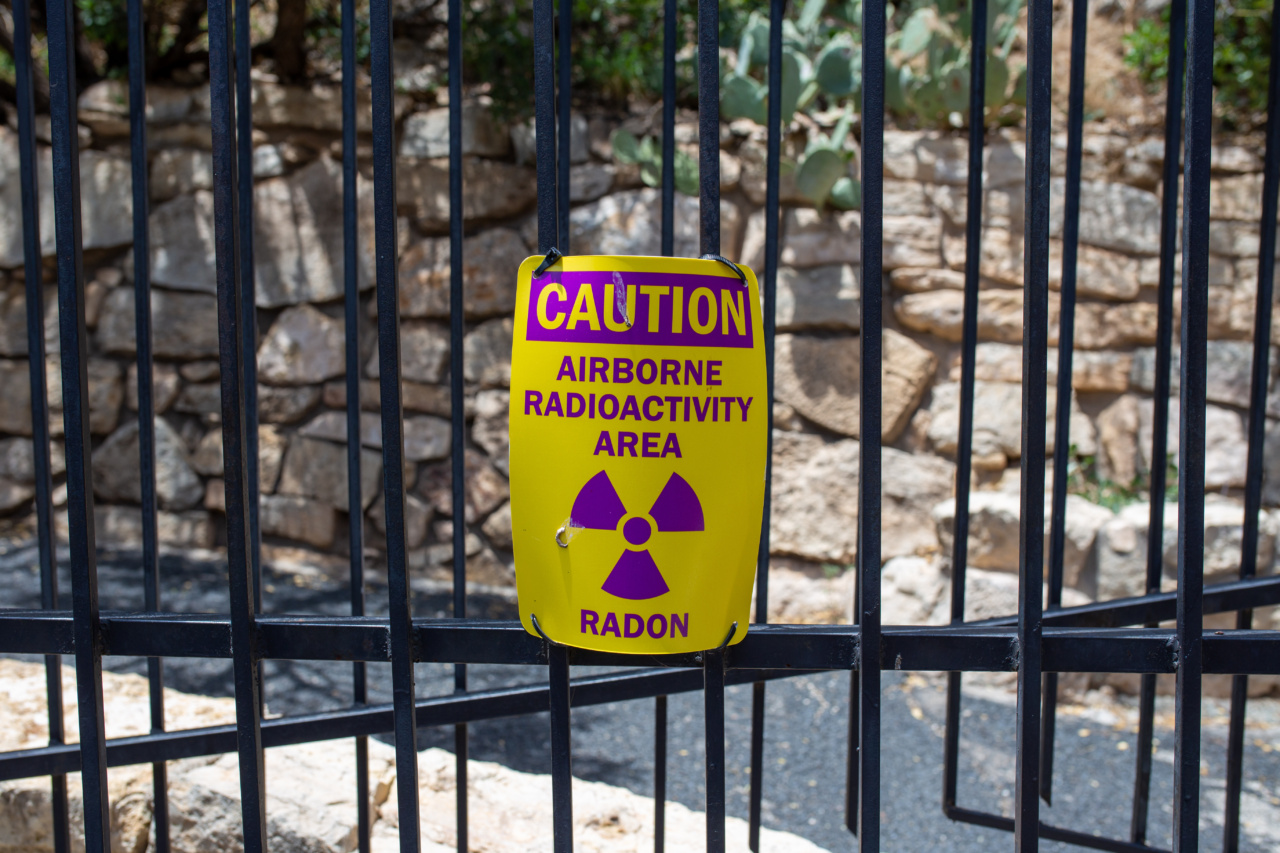Thyroid cancer is a type of cancer that affects the thyroid gland, which is located at the base of the neck. It is a relatively rare form of cancer, but its incidence has been increasing over the past few decades.
Radioactive iodine (RAI) is a commonly used treatment for thyroid cancer. In this comprehensive overview, we will explore the use of radioactive iodine in the management of thyroid cancer.
Thyroid Cancer: An Overview
Thyroid cancer occurs when abnormal cells in the thyroid gland begin to grow and divide uncontrollably. There are several types of thyroid cancer, including papillary carcinoma, follicular carcinoma, medullary carcinoma, and anaplastic carcinoma.
Papillary carcinoma is the most common type, accounting for approximately 80% of all cases.
Risk Factors for Thyroid Cancer
While the exact cause of thyroid cancer is unknown, certain factors have been identified that may increase the risk of developing the disease. These include:.
- Exposure to high levels of radiation, particularly during childhood
- Family history of thyroid cancer
- Having certain genetic conditions, such as Multiple Endocrine Neoplasia type 2
- Being female
- Age (thyroid cancer is most commonly diagnosed in people between the ages of 25 and 65)
Diagnosis of Thyroid Cancer
Thyroid cancer is typically diagnosed through a combination of imaging tests, such as ultrasound and CT scans, and a biopsy, in which a small sample of tissue is taken for examination under a microscope.
Once diagnosed, the cancer is staged to determine the extent of its spread.
Treatment Options for Thyroid Cancer
The treatment of thyroid cancer depends on several factors, including the type and stage of the cancer, as well as the patient’s overall health. Treatment options may include:.
- Surgery: The most common treatment for thyroid cancer involves removing all or part of the thyroid gland. This may be done through a thyroidectomy or a lobectomy.
- Radiation therapy: In some cases, external beam radiation therapy may be used to kill cancer cells or reduce tumor size.
- Chemotherapy: While chemotherapy is not typically effective in treating most types of thyroid cancer, it may be used in certain cases, such as when the cancer has spread to other parts of the body.
- Targeted drug therapy: Newer drugs that target specific genes or proteins involved in the growth of cancer cells are being studied for the treatment of advanced thyroid cancer.
Radioactive Iodine Therapy
Radioactive iodine therapy, also known as radioiodine ablation, is a form of treatment that uses radioactive iodine to destroy any remaining thyroid tissue after surgery.
It is primarily used in cases where there is a high risk of recurrence or when the cancer has spread to other parts of the body.
How Does Radioactive Iodine Therapy Work?
The thyroid gland is unique in that it absorbs and concentrates iodine from the bloodstream. By giving the patient a radioactive form of iodine, the radiation can directly target and destroy any remaining thyroid cells, including cancerous ones.
The radioactive iodine is typically administered either in pill or liquid form and is taken orally.
Preparing for Radioactive Iodine Therapy
Prior to undergoing radioactive iodine therapy, patients may need to follow certain preparation guidelines to ensure the treatment is effective. These guidelines may include:.
- Discontinuing certain medications, such as thyroid hormone replacement therapy, for a specified period of time
- Following a low-iodine diet to enhance the absorption of radioactive iodine by the thyroid cells
- Avoiding close contact with pregnant women and young children
- Understanding and following radiation safety precautions
Side Effects and Risks of Radioactive Iodine Therapy
While radioactive iodine therapy is generally safe, there are some potential side effects and risks associated with the treatment. These may include:.
- Temporary dry mouth or sore throat
- Nausea or vomiting
- Changes in taste or smell
- Swelling or tenderness in the neck area
- Low blood count
- Infertility (in rare cases, especially with high doses of radioactive iodine)
Follow-Up Care
After undergoing radioactive iodine therapy, regular follow-up care is essential to monitor the patient’s response to treatment and detect any signs of recurrence. This may involve periodic blood tests, imaging scans, and physical examinations.
Conclusion
Radioactive iodine therapy plays a crucial role in the management of thyroid cancer. It is a highly effective treatment that targets and destroys any remaining thyroid tissue, reducing the risk of recurrence.
While there are some potential side effects and risks, the benefits of radioactive iodine therapy in treating thyroid cancer far outweigh the potential drawbacks. With ongoing advancements in medical technology and research, radioactive iodine therapy continues to evolve, offering hope and improved outcomes for individuals affected by thyroid cancer.






























